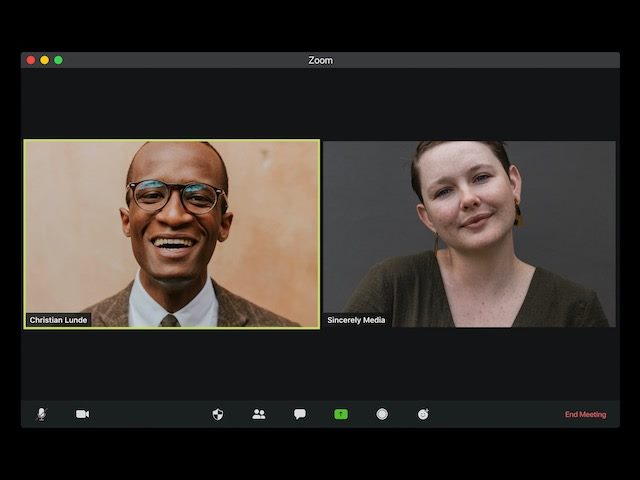With most of the country under stay-at-home orders and so many of us working remotely, building connections between your team members is more essential to your organization's health and success than ever before. A key way to create those connections is through mentoring.
As a recent Harvard Business Review article noted, “mentors play a pivotal role in safeguarding retention and building organization commitment, particularly in times of crisis ... Facing an uncertain future, mentees — now more than ever — will leverage connections with mentors to lower anxiety, overcome imposter syndrome and grasp hold of their mentor’s hopeful vision.”
Whether your organization would like to start a coordinated mentor program or your teams already take advantage of a mentoring framework, there are several key components to getting mentoring programs off the ground and running effectively in a remote work environment.
Finding the Right Connection: Pairing Mentors and Mentees
If your company doesn’t have a formal mentor program, now is a great time to start one. One simple way to begin is by asking team members to respond to a few questions that can help you match up mentors and mentees. You can use a quick online questionnaire or survey, asking questions such as: What challenges do you face on a regular basis? What questions are you hearing from customers, or do you have yourself? What do you wish you had known when you started out in this industry? Which parts of your job do you like the best?
Sometimes the best connections happen organically. Letting your team know that senior members have given their permission to act as mentors, and suggesting that junior team members pay attention to who they connect with during remote meetings, and then reach out to that person, can result in strong and lasting mentor-mentee relationships.
Related Article: Creating Good Employee Experience Is Within Reach
Strengthening the Connection
In “normal” times, mentors and mentees often meet over coffee or for lunch. But remote meetings can be just as effective if they happen via video conferencing. Being able to see one another and react to body language and expressions is essential — one study by Forbes Insight found that 62% of executives (and 73% of executives in high-growth companies) agreed that relative to audio conferencing, video significantly improves the quality of communication. And 50% believe that video conferencing also improves the degree of understanding among participants.
Once the mentor-mentee relationship is underway, and has been strengthened using video conferencing, team members can make the most of their time, and stay healthy, by going back to audio calls and talking while they get outside for a walk. Getting fresh air and taking a break from the screen is essential for mental health, and will help productivity. Having a mentor conversation while doing so makes the most of everyone’s time.
Finally, in the same way that managing a remote workforce is more effective when managers delineate clear tasks, deliverables and deadlines for their team members, having a specific agenda with questions and suggestions for a mentor/mentee meeting can help the video conversation flow and use the meeting time efficiently.
Related Article: Why Feedback Is Key for Mental Health in the Workplace
A Win-Win: Mentees as Tech Trainers for their Mentors
Getting up to speed on all of the technology required to work remotely can be a challenge, especially for those who aren’t digital natives. The best mentor-mentee relationships are ones where both learn from each other, and there is a healthy give and take of ideas, suggestions and commentary.
One area where a junior mentee can potentially give back to his or her mentor, providing a lot of value in a short amount of time, is in the tech sphere — troubleshooting video conferencing, and providing quick explanations about screen sharing, adding participants or other remote work tasks — all of which may seem intuitive to a younger mentee, but may be entirely new to an older mentor.
At a time when sitting down in a classroom to learn or bringing in a trainer to work with several people at once isn’t possible, more organizations are integrating learning management systems into their Zoom meetings and other video-conferencing tools. These technologies further enable remote teams to learn new skills to advance their careers while working from home. The fact is today’s workers not only want, but often need, continuous learning opportunities to stay relevant and up to date in our fast-changing, competitive business world. They will often seek out companies with training, upskilling and mentorship opportunities because this translates to more growth opportunities. What’s more, investing in employee development, especially in a time of uncertainty, deepens employees’ commitment to their teams and leadership.
Build Connections for the Long Haul
Working remotely doesn’t mean your team members have to work alone. Fostering a robust mentor-mentee program can help promote connection, and bring your organization together in ways that will last long after the current crisis is over.
Learn how you can join our contributor community.
